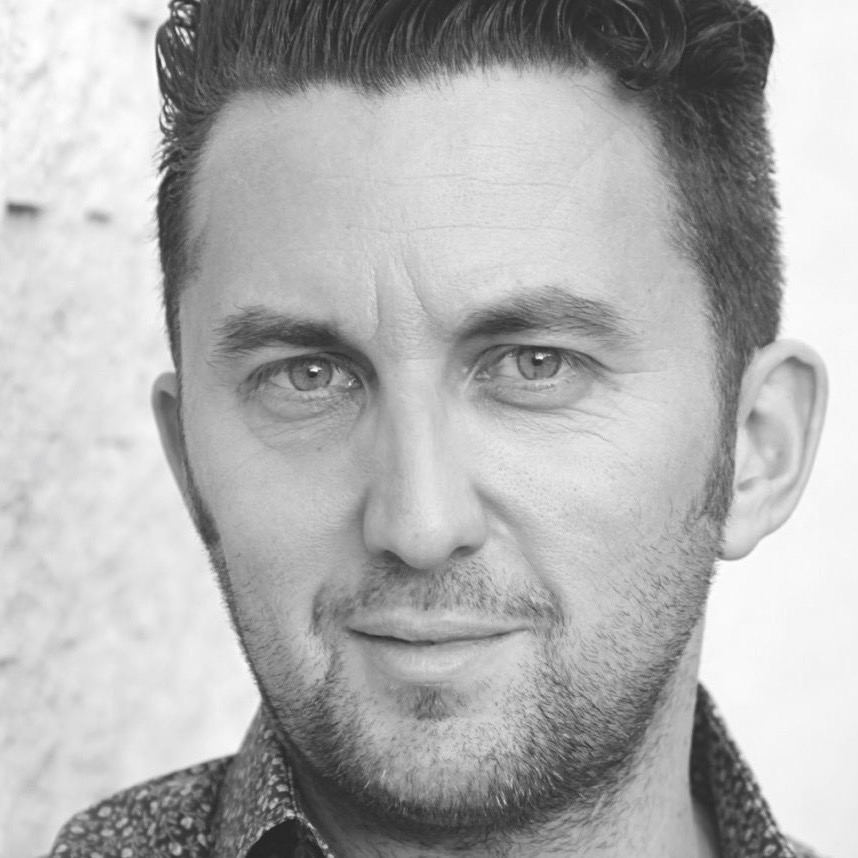I once met an old man who was fed up with life. He was 25 years old and had the outlook of somebody whose days were numbered. Life was too tough, he complained, the challenges were too great, and the circumstances weren’t in his favour.
For this, the final Kosher Sutra of the current cycle, we’re going to learn how to reincarnate and transform our life in three minutes or less. The short answer? Let something go, and let it die. The long answer? Read on.
There are hidden secrets in the wisdom of King Solomon that can teach us how to find a youthful optimism at any moment. He taught that “for everything there is a season, a time for everything beneath the sun”, and that includes both “a time to be born” and “a time to die” (Ecclesiastes 3:1-2).
If we are to move forwards in life, whether it is to attract the energy of a new situation or to reinfuse new life in our work or relationships, we need to let something go. Release the old, receive the new.
The festival of Succot (Tabernacles) takes place in the present moment. The laws of schach, the roof of the succah-booth, are such that the palm branches or foliage we use for shelter cannot be connected to a living plant. There are deeper reasons for this that we won’t go into here* but suffice to say that it has to be something that will soon be dead. Similarly, the four species that we celebrate with during the festival also have a brief lifespan and they are on the verge of withering away.
Some people see life is pointless. “What is the point of everything we do beneath the sun?” asks Solomon. “A generation comes, a generation goes, but the earth remains the same forever. All rivers run to the sea, but the sea is never full. The wise man will be forgotten along with the fool” (1:4-7). But rather than leave ourselves in a state of depression and futility – “Futility of futilities! All is futile” (1:2) – we can see a message of deep liberation within this.
Rabbi Rami Shapiro’s The Way of Solomon opts for a more Zen-Buddhist style reading of Ecclesiastes, concluding that even though our past work may be ultimately futile, and our names may be forgotten by our great-grandchildren, all we are left with is the present moment.
In other words, the past has gone. The future is irrelevant. All we are left with is the present moment. So what can we do? As the greeting cards say, See the Present As A Gift. The final Kosher Sutra of our yearly cycle reads: V’zot HaBracha – “This is the Blessing!” (Deut: 33:1). Right now, this moment, voila.
The way of the Bibliyogi is to experience each moment, free of past and free of future. All that is left is a joyful, present-moment experience. This certainly takes work and self-cultivation. My own work takes place on the yoga mat, meditation cushion, in prayer and in emotional cleansing and reflection. The ancient yogis taught the concept of samskara, the wounds that we all carry, that we are continually needing to heal if we are to move forwards. Release the old, receive the new.
Now is the time – this very weekend – that we can tap into the energy of the present moment. A three-minute meditation will be the perfect place to begin. Focus on this simple question: What can I let go of?
When we can truly release our past and release our expectations and demands of the future, we can be reborn in the present.
If a gardener wants to grow some fresh roses, she will first have to pull out some weeds or prune back last year’s overgrowth. The same principle runs throughout all of nature and our own lives. If we want to grow into a fresh and new experience, we have to allow something to die. There are two ways to do this: proactively start pruning (the short way), or wait for the whole organism to wither (the long way).
In her seminal novel Middlemarch (1871), George Eliot wrote “It's never too late to be what you might have been”. I’ll leave you with one question, and three minutes to find your answer:
Who do you want to be?
*The concept of being mekabel tumah, or the ability to receive ritual impurity; a concept too large for the scope of this sutra.
“>buy The Book of Marcus (aka “The Kosher Sutras: The Jewish Way in yoga & meditation)
*The concept of being mekabel tumah, or the ability to receive ritual impurity; a concept too large for the scope of this sutra.
BONUS RESOURCES FOR THE SERIOUS PRACTITIONERS..
Here are the resources for putting the Kosher Sutras into practice – meditate on the sutra, do the exercise, experience Freed-Om!
Kosher Sutra: “This is the Blessing” (Deut 33:1)
Soul Solution: Self-realisation (and nothing less!)
Bibliyoga pose: Three minute meditation.
Body Benefit: Freedom from past and future; present-moment awareness.























 More news and opinions than at a Shabbat dinner, right in your inbox.
More news and opinions than at a Shabbat dinner, right in your inbox.